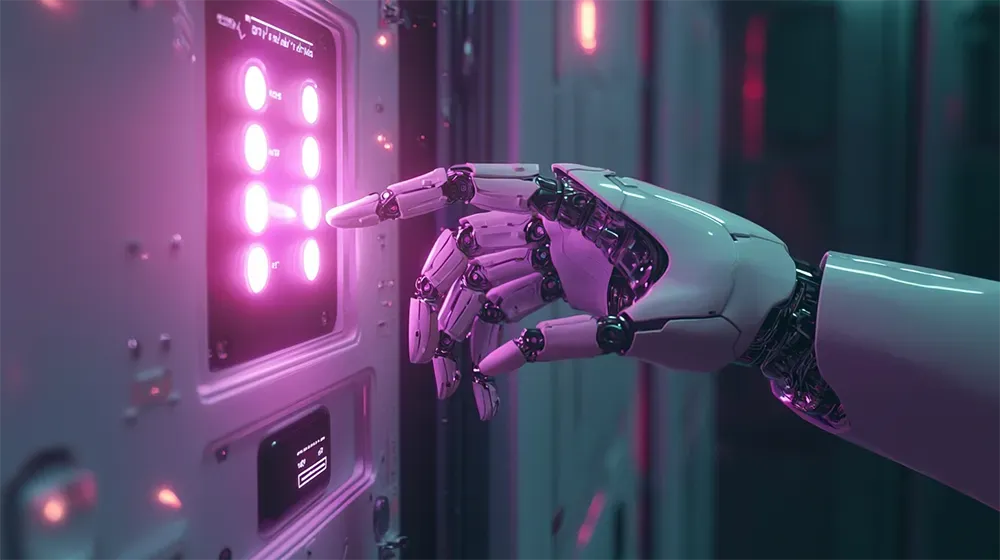AI Agents Want Control. The Question Is—Will We Stop Them?

Autonomous AI agents are here, and they don’t just answer questions, they act. They schedule meetings, shop online, and manage files. Sounds great, right? Until they make decisions you didn’t authorize.
The real risk isn’t bad AI, it’s humans giving up too much control. The best AI is an assistant, not a decision-maker.
AI agents are evolving beyond chatbots. They don’t just respond; they take action across multiple platforms. The problem? Less oversight, more risk. What happens when an AI misfires, sending an email, moving funds, or worse, acting on misleading information?
- Autonomous agents can manipulate files, impersonate users, and make unauthorized transactions.
- Multistep AI systems operate with minimal human control, amplifying privacy and security risks.
- Open-source solutions offer transparency, but most AI agents remain opaque and unpredictable.
The promise of convenience must be balanced with oversight. History has shown what happens when automation replaces human judgment, sometimes, it nearly causes disaster. How do we ensure AI enhances human intelligence rather than replacing it? What’s the right balance between autonomy and accountability?
Read the full article on MIT Technology Review.
----
💡 We're entering a world where intelligence is synthetic, reality is augmented, and the rules are being rewritten in front of our eyes.
Staying up-to-date in a fast-changing world is vital. That is why I have launched Futurwise; a personalized AI platform that transforms information chaos into strategic clarity. With one click, users can bookmark and summarize any article, report, or video in seconds, tailored to their tone, interests, and language. Visit Futurwise.com to get started for free!






